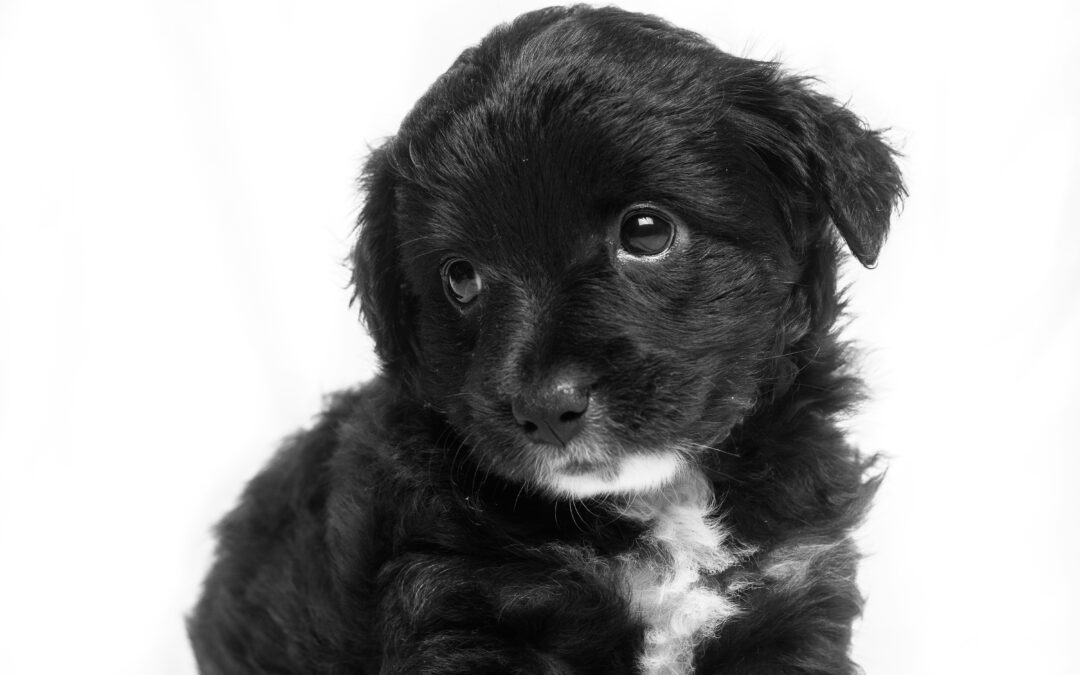Parvovirus is a dangerous disease for dogs because it spreads so easily. And it’s even more dangerous for puppies. Because puppies have weaker immune systems than adult dogs, this makes them much more vulnerable to contagious diseases. You might want to rush your new puppy straight to the park or the pet store to pick out new toys, but you could be putting them in danger.
The only way to prevent parvovirus is with a full round of vaccinations. Although there is treatment available for infected puppies, chances of survival are still very low. Let’s go over how to prevent parvo exposure so you can keep your puppy safe.
Puppies and Parvovirus: Risks, Prevention, and Treatment
Dogs infected with parvovirus suffer from severe vomiting and diarrhea that lead to dehydration, septic shock, and sometimes even death. First, the virus targets the white blood cells and weakens the immune system. Next, it attacks the lining of the small intestine, and inhibits the ability to absorb nutrients and fluids. In puppies, the virus is even more deadly, because it can infect their hearts.
How Do Puppies Get Parvo?
Because this disease is so highly contagious, it can be transmitted very easily. It can spread through direct contact with an infected dog, their feces, or any contaminated surface. Puppies can get parvo by drinking from the same water dish as an infected dog, or from stepping on contaminated grass.
Any dogs that show symptoms of parvovirus should be quarantined away from other dogs. Your veterinarian will probably ask for a stool sample to confirm a parvo diagnosis. Early signs of parvovirus include lethargy, loss of appetite, and fever. Symptoms will then progress to severe vomiting and bloody diarrhea. If your puppy has vomiting and diarrhea, it might not be parvo, but you should still contact your vet right away.
Parvovirus Can Be Prevented with Puppy Vaccinations
The parvovirus vaccine is included in the DAPP vaccine group. Your puppy can get their first dose at around 6-8 weeks old, and then they’ll need two more doses over the next 4-8 weeks. After the third does, it should be safe for them to encounter other dogs. But they’ll need a booster dose one year later, and every three years after that.
What Is the Treatment for Parvovirus?
The treatment for parvovirus will depend on the severity of the infection. Your puppy might have to stay in the animal hospital for a few days. If they have had severe vomiting and diarrhea, they may need an IV to replenish lost nutrients and fluids.
Other treatments like blood transfusions, medications to control nausea and pain, and antibiotics to fight off infections may also be necessary. The earlier you seek treatment, the better—early intervention will increase your puppy’s chances of survival.
How to Keep Your Puppy Safe
- Make sure your puppy gets all their vaccinations on time.
- Wait until your puppy has been fully vaccinated before bringing them to dog parks, pet stores, kennels, doggy daycare, obedience classes, or anywhere they might encounter other dogs.
- Practice potty training and leash training at home at first, so they won’t get exposed to contagious diseases.
- Never let your puppy drink from another dog’s dish or eat from another dog’s bowl. Bring your own water bowl from home when walking, hiking, and exploring with your dog—a collapsible one is convenient and easy to carry or clip onto a backpack.
Puppy Vaccinations in Gilbert, Arizona
At Anasazi Animal Clinic, we’re passionate about preventing the spread of deadly diseases like parvovirus. Vaccinating your pet is the best way to keep them healthy and make sure they live a long, happy life.
No matter what happens, we’re here for you. Whether you need to start your puppy on their first round of vaccinations, or you’re worried that they might have been exposed to parvo before their vaccinations are complete, we can help. Contact us to schedule an appointment or give us a call if your puppy needs urgent care.
Photo by Joel J. Martínez on Unsplash used with permission under the Creative Commons license for commercial use 6/13/2024.

